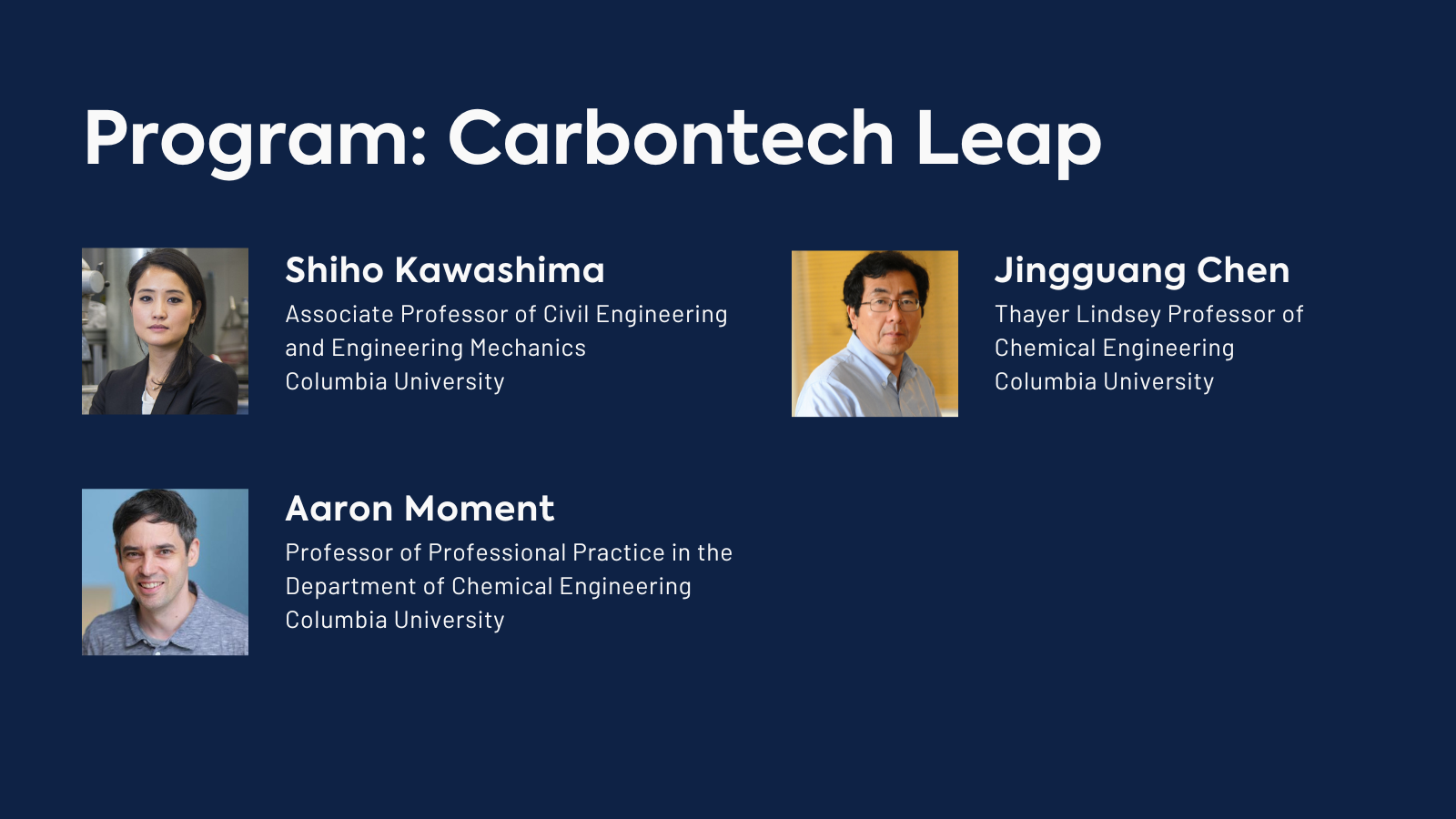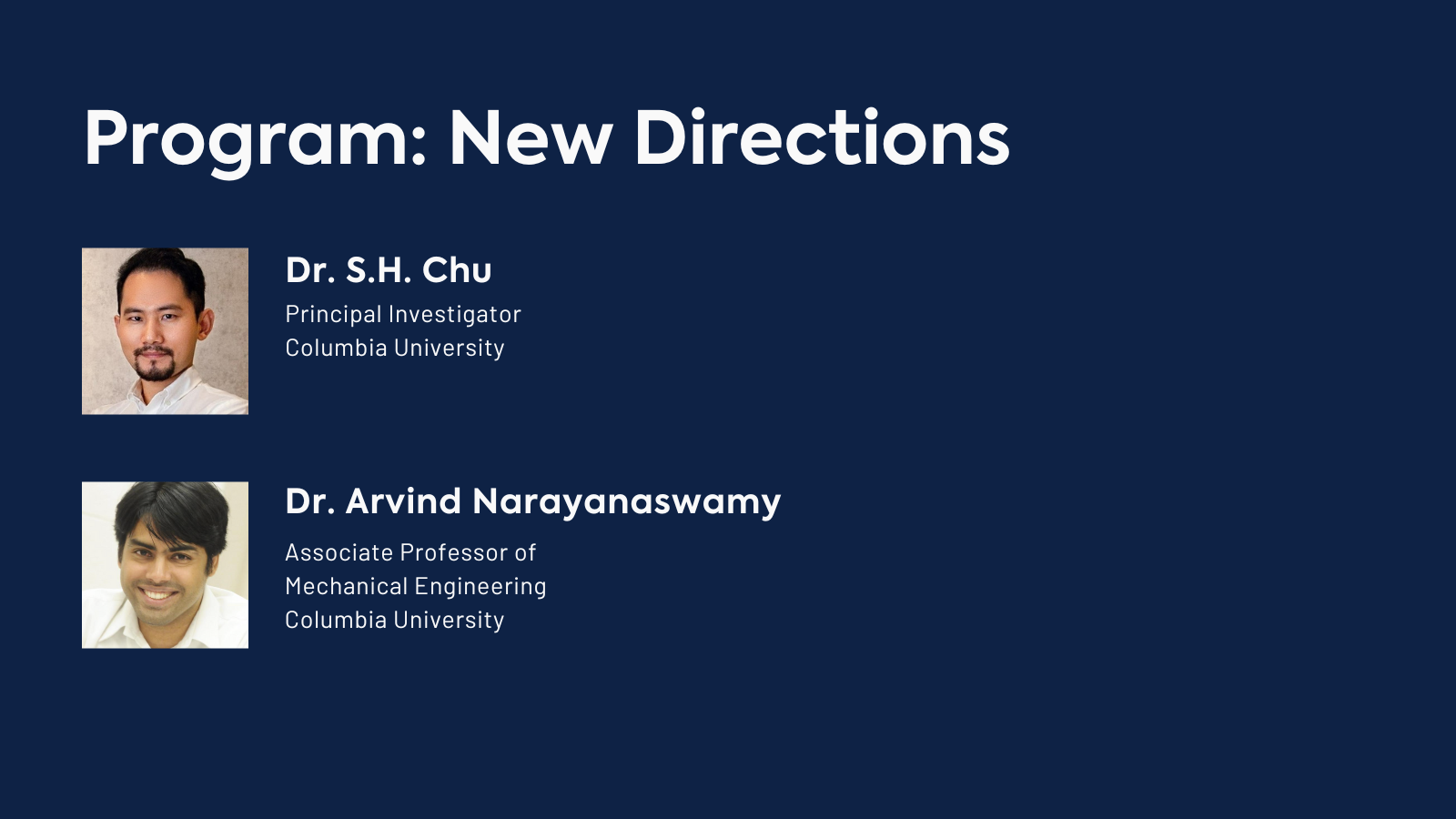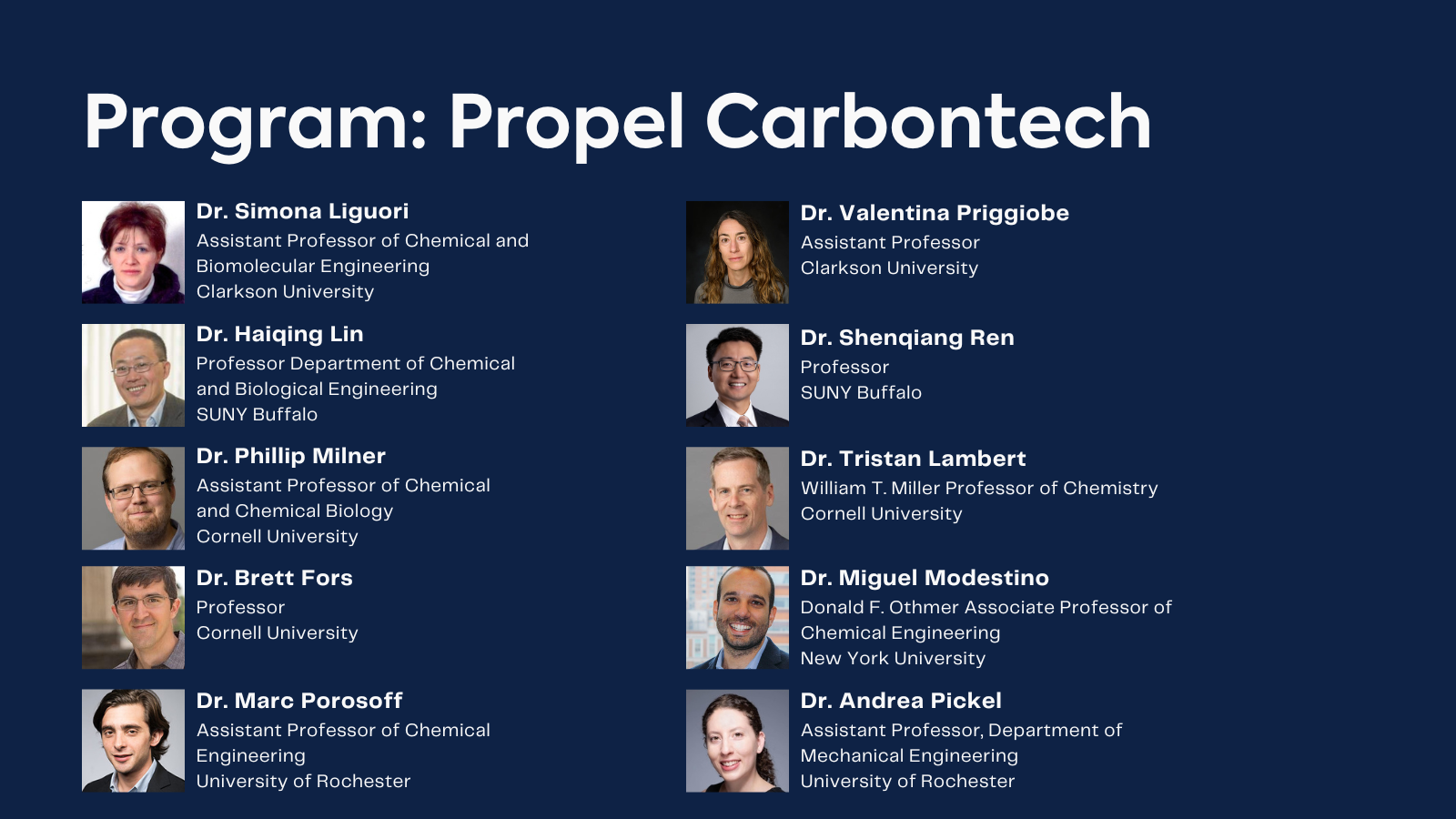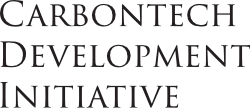CDI Research Projects
Project: To develop ready-mix carbon cured concrete formulations and processes for large scale construction projects
- Institution: Columbia University
- Team Lead(s): Prof. Shiho Kawashima and Prof. Aaron Moment
This team will develop novel Ready-Mix concrete formulations which will be capable of capturing 20% by weight CO2. They will concurrently develop intensive methods of supplying continuous CO2 during curing. These solutions will be economically deployable at large-scale construction sites and provide long-term CO2 sequestration.
Project: To integrate CO2 capture and conversion to value-added chemicals
- Institution: Columbia University
- Team Lead: Prof. Jingguang Chen (Columbia)
This team will integrate the processes of CO2 capture and CO2 conversion in order to improve the energy-efficiency and CO2 impact of CO2 conversion into value-added chemicals. Their electrochemical materials will simultaneously capture CO2 and convert it to formic acid, which may eventually enable the carbon-neutral or net-negative production of chemicals.

Project: To harvest magnesium-based low-carbon cement from the ocean for future construction
- Institution: Columbia University
- Team Lead: Dr. S.H. Chu (Columbia)
This team will harvest Magnesium-based cement from both the ocean and locally available waste as a low-carbon alternative to the Calcium-based cement traditionally used in concrete production. Not only would the production of this novel cement be more CO2- and cost-efficient than that of traditional cement; the resulting concrete will also absorb and store large amounts of CO2 in the curing process. Finally, Dr. Chu will explore the scale-up potential of this cement production process in New York State.
Project: To make CCS efficient: novel adsorbent regeneration by targeted photodesorption
- Institution: Columbia University
- Team Lead: Prof. Arvind Narayanaswamy (Columbia)
This team will improve the energy efficiency of CCS across a range of potential CCS applications, including cement production and ethanol production. Prof. Narayanaswamy will identify and test novel materials which reduce the amount of heat energy required to release CO2 from the substance to which it binds in the CCS process.

Project: To Integrate Co2 Mineralization And Mining For The Recovery Of Construction Materials And Energy-Relevant Elements From Waste
- Institution: Clarkson University
- Team Leads: Prof. Simona Liguori and Prof. Valentina Priggiobe
This team will create an integrated process for mining energy-relevant elements (EREs) and CO2 mineralization for carbon storage. Once extracted from mine tailings, elements will be separated through nanofiltration to recover EREs and calcium (Ca) and magnesium (Mg). EREs can then be re-used in renewable energy systems while Ca and Mg will undergo reactions with CO2 to form carbonates that can be re-used in the construction of buildings and infrastructure.
Project: To improve the performance and sustainability of polyethylenimine-based membrane adsorbents
- Institution: SUNY Buffalo
- Team Leads: Prof. Haiqing Lin and Prof. Shenqiang Ren
This team will develop a novel CO2 capture material which will lower the cost of DAC by maximizing the rate and volume of CO2 capture. This material will rely on structurally similar components, enabling its production process to be simple, low-cost, and scalable.
Project: To identify new chemical pathways for energy-efficient capture of CO2 from air
- Institution: Cornell University
- Team Leads: Prof. Phillip Milner, Prof. Tristan Lambert and Prof. Brett Fors
This team will identify new DAC technologies which overcome some of the key limitations of traditional DAC technologies. They will explore and test the potential of four approaches which use novel materials or processes to improve the rate and volume of CO2 capture and release, and to reduce the energy and costs associated with operating DAC systems.
Project: To optimize the operation of CO2 electrolyzers with active learning algorithms
- Institution: NYU
- Team Leads:Prof. Miguel Modestino
This team will develop and demonstrate a machine learning algorithm which can overcome challenges associated with CO2 conversion using electrolyzers. Electrolyzers are a low-carbon alternative to traditional methods of chemical production from CO2, but they are complex to operate. This algorithm will control and operate electrolyzers autonomously, optimizing conditions like temperature and pressure while adjusting to different CO2 feedstocks and changes in the device performance over time.
Project: To Measure CO2 Desorption Rates Over Dual Functional Materials with Integrated Microscale Temperature Measurements
- Institution: University of Rochester
- Team Leads: Prof. Marc Porosoff and Prof. Andrea Pickel
This team will tune the energy efficiency of dual functional materials (DFMs) by integrating CO2 capture and conversion with microthermometry. A key operating principle of DFMs is the exotherm of CO2 hydrogenation provides sufficient heat to drive endothermic CO2 desorption. The problem with this approach is that the temperature profile of the DFM is poorly characterized, wasting energy on heating the system’s surroundings. We will improve DFMs by understanding how to efficiently use the heat from exothermic CO2 hydrogenation to drive endothermic CO2 desorption, thereby lowering the energy requirements of converting CO2 into value-added products, e.g. aviation fuel.

CDI Commercialization Projects
Project: To transform CO2 emissions into cement and concrete products for the global building and construction materials industry
Company: Carbix Corporation
Carbix will pilot an industrial-scale reactor which rapidly transforms CO2 into building materials. Carbix’s prototype technology has successfully produced batch samples for concrete mixes, paints, and coatings. This pilot will be co-located with an industrial facility in New York State, recovering water along with 20% of the CO2 from that facility's flue gas. It will mineralize that CO2 to form carbonates, which are key inputs to cement and other construction materials. The success of this pilot could enable the decarbonization of energy- and emissions-intensive manufacturing industries such as steel and cement production in New York State.
Project: To develop critical metal recovery and carbon capture from industrial residues
Company: Carbon To Stone
Carbon To Stone has developed a technology that reduces the CO2 emissions associated with steel and metals manufacturing by 8-10% while also producing critical metals which are necessary for the buildout of clean energy technologies. They will combine an energy- and material-efficient resource recovery technology which can process 10 kg of solid waste per day with an integrated CO2 capture and mineralization technology. They will pilot this approach in New York State while also investigating its scale-up potential.
Project: To convert Co2 to methanol in a dairy farm
Company: Hago Energetics Benefit Corporation
Hago Energetics Benefit Corporation will build a field prototype of a system that converts CO2 to methanol in a dairy farm in New York. Unlike traditional methanol production from natural gas, this innovative process will produce net-negative CO2 emissions while also reducing the emissions produced from animal waste or biogas flaring at dairy facilities. A trailer-sized unit will capture the biogas produced by the farm, and will produce a saleable methanol.
